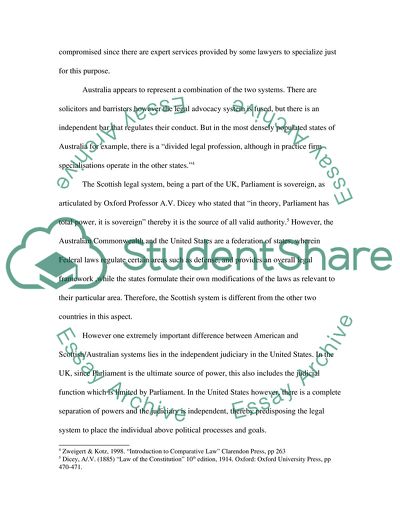Cite this document
(The Legal Systems in Scotland, Australia and the United States Term Paper - 3, n.d.)
The Legal Systems in Scotland, Australia and the United States Term Paper - 3. Retrieved from https://studentshare.org/law/1705518-property-law
The Legal Systems in Scotland, Australia and the United States Term Paper - 3. Retrieved from https://studentshare.org/law/1705518-property-law
(The Legal Systems in Scotland, Australia and the United States Term Paper - 3)
The Legal Systems in Scotland, Australia and the United States Term Paper - 3. https://studentshare.org/law/1705518-property-law.
The Legal Systems in Scotland, Australia and the United States Term Paper - 3. https://studentshare.org/law/1705518-property-law.
“The Legal Systems in Scotland, Australia and the United States Term Paper - 3”. https://studentshare.org/law/1705518-property-law.


